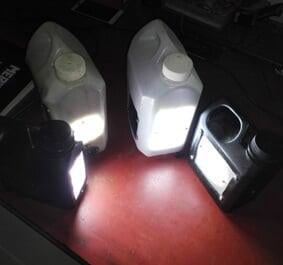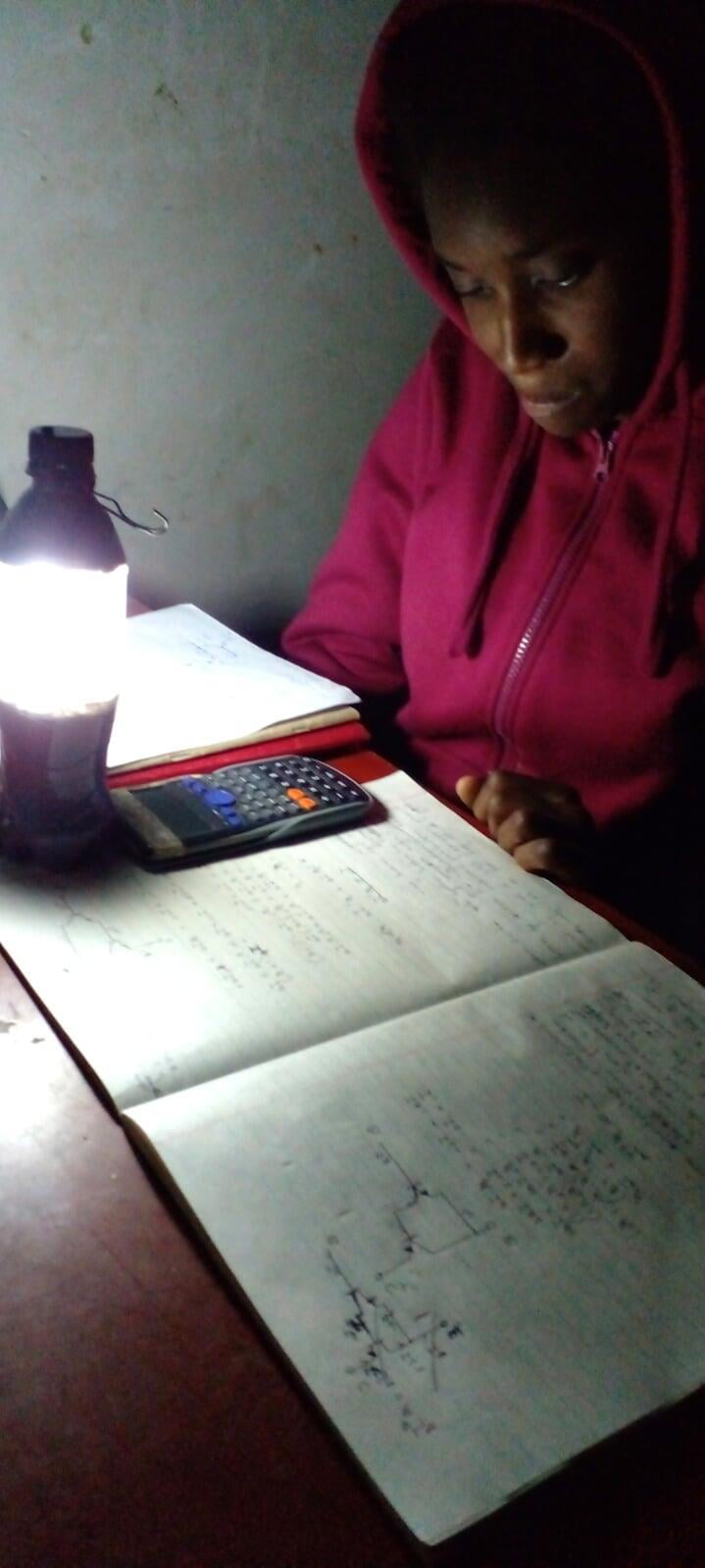
Judge profile: Aluwaine Manyonga
Judge profile: Aluwaine Manyonga
Aluwaine Manyonga is a young enterprising electrical engineer and an off-grid lighting specialist from Zimbabwe and the creator of the Chigubhu lantern, which has been described as Africa’s ‘education system game changer’.
Aluwaine Manyonga is a young enterprising electrical engineer and an off-grid lighting specialist from Zimbabwe and the creator of the Chigubhu lantern, which has been described as Africa’s ‘education system game changer’.
The light – housed in discarded plastic containers and water bottles and made from waste LED lamps – not only provides solar-powered illumination for school children but simultaneously tackles plastic and electronic waste through re-use.
Six hundred million people are without electricity in Africa, with one in three primary schools affected.
Moreover, many people living in rural communities without access to electricity use kerosene as their primary light source.
The use of the fuel oil contributes 270,000 tons of black carbon emissions every year.
As well as the increased risk of fires, kerosene contributes to lung disease, asthma and an increased risk of cancer.
Manyonga’s project seeks to use the competitive price of solar power to develop a clean and reliable light source to positively impact the education system.
Manyonga recognises the waste generated with some of the current LED lighting solutions that have been introduced in Africa.
He highlights driver failure as a result of poor-quality components, inefficient heat sink design and poor capacitor construction leading to the improper disposal of LED luminaires before the end of the chip’s expected life span.
He proposes an off-grid, solar, DC powered system created from the re-use of viable LED chips.
The major electronic waste used in making Chigubhu lantern include LED chips, components from power banks, chargers and 3.7V lithium ion batteries from consumer electronics.
LED lights come in small chips which require DC current to operate. These chips are combined either in series or parallel to come up with a light source. With the widespread use of AC systems as standard for distribution at household level, LED lighting require drivers.
The drivers convert AC to DC and also regulate the current and voltage to the LED chips. The drivers contribute to 60 per cent if the failures of LED lights so the unit often ends up reaching the electronic waste stream before all the LED chips have failed.

These functional chips can be rescued from reused. Combining them with a 3.7V lithium ion battery, a charging circuit and other e-waste, the Chigubhu lantern is made. The process of making the lanterns include collecting e-waste, testing for functionality, making the charging circuits and LED driving circuits.
The charging and control circuits are made using transistors, diodes, resistors and inductors found in the electronic waste. All the functional items are then assembled and housed inside a Chigubhu container.
The full network set up consists of solar panels, DC LED luminaires, charge controllers, batteries and charging points (5V and 12V) for charging individual Chigubhu Lanterns.
Students and teachers would be taught the basics of setting up and maintaining the system.
USB charging points can be used for individual Chigubhu Lanterns and other devices.
There will also be collection points for electronic waste such as LED lamps, rechargeable torches, power banks and cell phone batteries.
The community will be trained in re-using this waste to make the Chigubhu Lanterns.
Chigubhu is a Shona word for plastic container/water bottle and the idea behind this concept is based on plastic and electronic waste recycling.
Whilst seeking to introduce solar lighting systems for school buildings, Aluwaine’s project also proposes a means of re-using plastic and electronic waste, providing students and communities with transportable, safe light sources.
To minimise the cost and maintenance of individual lanterns, they can be recharged at school or any of the central points forming part of the solar lighting system.
The concept is designed to support and work alongside existing initiatives for introducing solar lighting kits across Africa.
Aluwaine Manyonga won the Society of Light and Lighting’s Young Lighter of the Year competition in 2020 for his enterprising work on the Chigubhu lantern.












